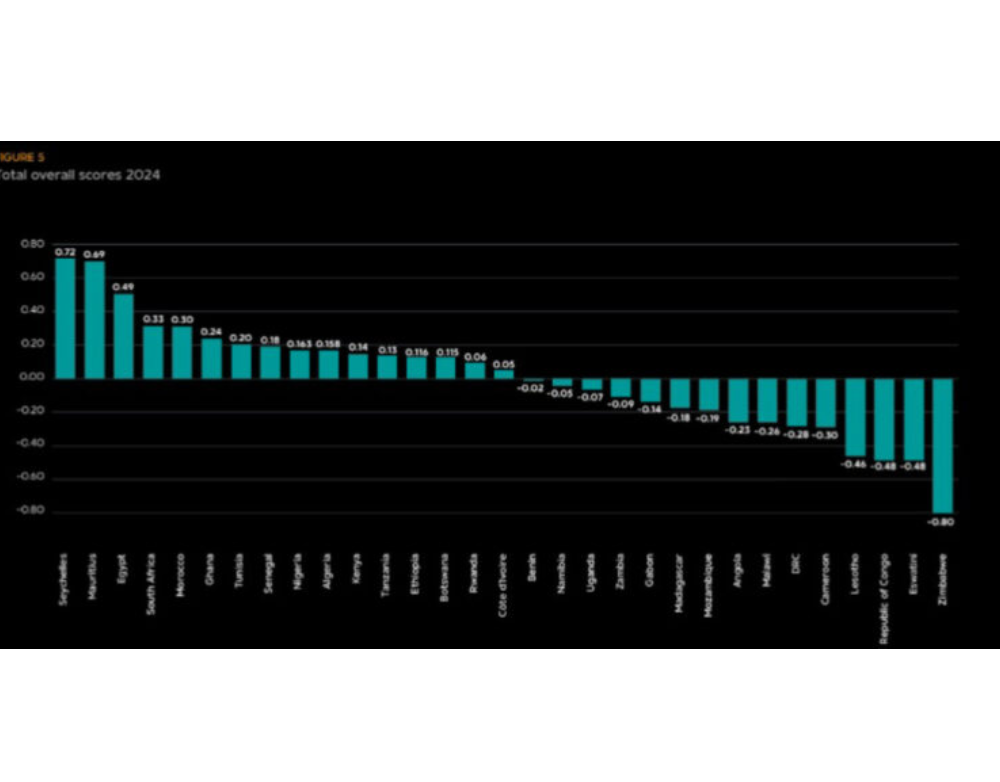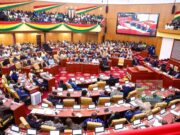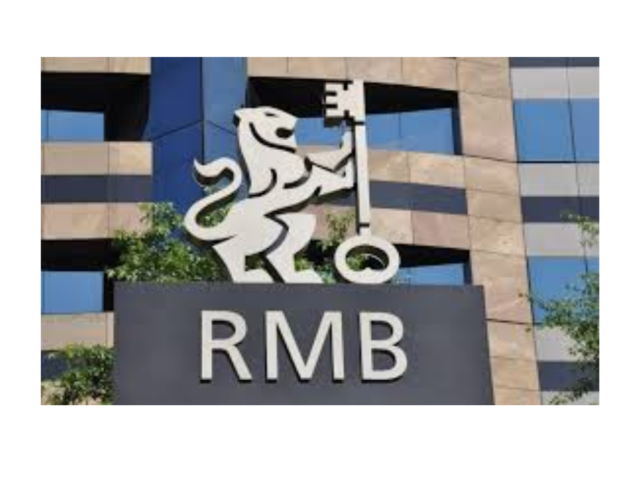According to the 2024 Rand Merchant Bank (RMB) “Where to Invest in Africa” report, Ghana has taken the eighth position in Africa for economic stability and the investment climate.
Ghana’s impressive performance among the 31 African countries is highlighted in the report, which also underlines Ghana’s advantages in terms of political stability, economic freedom, inflation control, and FX stability and liquidity.
The report by Rand Merchant Bank evaluates nations based on four main criteria: innovation, market accessibility, economic performance and potential, innovation, economic stability and investment climate, and social and human development.
Ghana also excels in other domains, coming in at number three for social and human development, number six for market accessibility and innovation, and number fifteen for economic performance and potential.
With an overall index score of 0.24, Ghana is ranked sixth on the continent most investable, behind the Seychelles, Mauritius, Egypt, South Africa, and Morocco.
Just after Egypt, South Africa, and Morocco, Ghana was the fourth most desirable place to invest when smaller economies like those of Seychelles and Mauritius were taken out of the equation.
Ghana, which ranks among the top ten in terms of employment, political stability, urbanization, innovation, and personal freedom, presents a sizable market with a GDP of $76 billion and a population of 33.5 million.

Additionally, they noted that Ghana does well in the fight against corruption and is one of the leaders in import concentration.
Although the report has some positive aspects, it emphasizes that in order to preserve macroeconomic stability, Ghana’s large public debt and inflation must be addressed, particularly in light of the continuing $3 billion IMF extended loan facility program (2023–2026).
The budget deficit is expected to decrease from 10.7% of GDP in 2022 to 4.6% of GDP by the end of 2023, which is encouraging evidence of fiscal consolidation. In 2023, overall revenues and grants have been constant at 15.7% of GDP, despite a decrease in oil revenues.
According to the analysis, Ghana’s economy will pick up speed by 2027, primarily due to higher exports of oil and gold from new projects.
The RMB report is based on 20 measures across its four pillars, drawing on data from global institutions such as the World Bank, IMF, African Development Bank, United Nations, and International Labour Organisation.
For more updates on business news, tune in to Orange 1097 FM to stay informed.





















